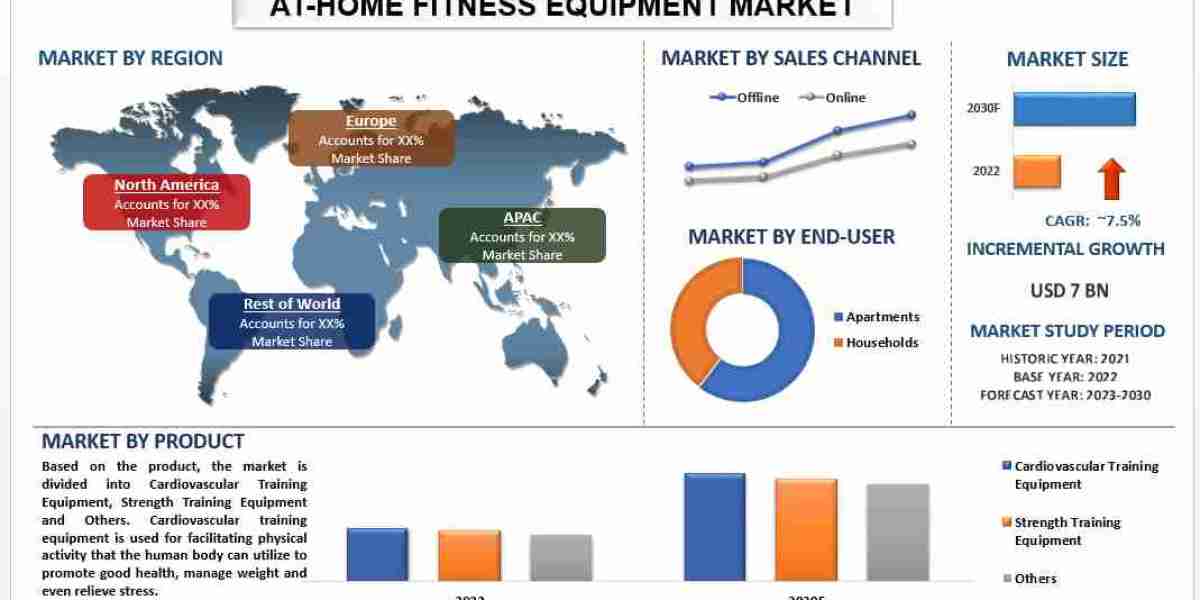The Out-of-home Coffee Market is undergoing a vital transformation as global sustainability expectations reshape sourcing, production, and distribution strategies across the value chain. In response to rising consumer demand for ethical and environmentally friendly options, coffee providers are rethinking how their supply chains operate—from farm to cup.
Heightened Consumer Consciousness Sparks Market Shift
Today's consumers are no longer satisfied with quality and convenience alone—they increasingly demand transparency, traceability, and eco-friendly practices from the brands they support. In the context of out-of-home coffee, this translates to deeper scrutiny of how beans are sourced, how energy is consumed in cafés, and how packaging contributes to waste.
This shifting mindset is particularly strong among Millennials and Gen Z demographics, who prioritize environmental and social values in purchasing decisions. As these cohorts become the dominant customer base, the pressure on coffee brands to demonstrate sustainability is mounting fast.
Green Sourcing and Ethical Bean Procurement
A critical starting point for supply chain sustainability in the coffee industry lies at the source. Traditional coffee cultivation is linked to issues like deforestation, water overuse, and exploitative labor practices. In response, companies in the out-of-home coffee market are increasingly turning to certified sustainable sources.
Many are adopting certifications like Rainforest Alliance, Fair Trade, or UTZ, which ensure that coffee is grown under environmentally sound and socially responsible conditions. Direct trade relationships are also on the rise, where brands bypass traditional supply chains to work directly with cooperatives and growers. This not only guarantees higher wages for farmers but often results in higher-quality beans and greater long-term supply security.
Reducing Carbon Emissions and Energy Usage
Beyond sourcing, climate consciousness extends into how coffee is roasted, transported, and served. The carbon footprint of transporting green beans across the globe is significant, pushing many brands to explore local or regional roasting solutions to cut emissions.
Some chains are investing in electric delivery fleets and carbon offsetting programs to neutralize logistics impacts. Others are using renewable energy sources—like solar or wind—to power roasting facilities and storefronts. Major brands are even experimenting with net-zero store concepts, designed to operate with minimal environmental impact.
Innovations in Sustainable Packaging
Packaging is another major area where supply chains are evolving. Single-use plastics and non-recyclable coffee cups have long been sustainability pain points for the industry. In response, out-of-home coffee companies are shifting toward recyclable, compostable, or reusable alternatives.
Innovations include cups made from plant-based bioplastics, sleeves from recycled materials, and lids free of petroleum-based plastics. Many cafés now offer discounts for customers who bring reusable cups, or have introduced returnable cup systems—particularly in urban markets.
These solutions not only appeal to eco-conscious consumers but also help companies comply with tightening environmental regulations in regions like the European Union and parts of North America.
Waste Reduction and Circular Economy Models
Waste management plays a central role in supply chain sustainability. Coffee grounds, milk containers, and food packaging contribute to substantial waste volumes in cafés. However, new circular economy models are offering creative solutions.
Some cafés partner with local farms to compost used coffee grounds or collaborate with startups that upcycle them into beauty products and building materials. Others use IoT-based tracking to monitor waste generation in real-time, helping reduce inventory waste and improve kitchen efficiency.
Forward-thinking brands are also exploring closed-loop systems, where used packaging is returned, cleaned, and reused—especially viable in high-volume or campus-based coffee operations.
Water Stewardship and Resource Efficiency
Water use is another critical sustainability concern, especially considering that producing one cup of coffee can consume up to 140 liters of water when accounting for cultivation. Responsible water management—both at the farm level and in-store—is an increasingly important aspect of supply chain strategy.
Some café operators are installing low-flow faucets, recycling gray water, or implementing training programs to reduce water wastage during brewing and cleaning. On the supply side, brands are supporting farming communities with irrigation training and technologies that reduce water dependency.
Supply Chain Transparency and Digital Traceability
Transparency is foundational to any sustainability claim. To build trust with stakeholders, coffee brands are leveraging blockchain and digital tracking tools that provide visibility across the entire supply chain.
By scanning a QR code on packaging, customers can trace the origin of their coffee beans, view certifications, and learn about the farmer who grew them. These systems not only reinforce authenticity but also improve accountability throughout the supply network—enabling quicker responses to ethical or environmental issues.
Corporate Commitments and Global Targets
Leading global players in the out-of-home coffee segment—such as Starbucks, Costa Coffee, and Nestlé’s Nescafé—have announced ambitious sustainability goals, including net-zero carbon emissions, 100% ethically sourced coffee, and zero waste to landfill.
These commitments are driving top-down changes across supply chains, forcing suppliers, distributors, and service partners to align with new environmental benchmarks. The cascading effect creates a sustainability ecosystem where every link in the chain contributes to a greener future.
Challenges and the Road Ahead
While progress is evident, challenges remain. Sustainable practices often come with higher upfront costs, logistical complexity, and slower implementation in fragmented markets. Small operators may struggle to meet these standards without financial or technical support.
Nonetheless, the direction is clear: sustainability is no longer optional. Consumers, investors, and regulators are demanding concrete action, and the brands that fail to respond risk reputational damage and declining market share.
Conclusion: Building Resilient and Responsible Supply Chains
The out-of-home coffee market is rising to meet the global call for sustainability by re-engineering its supply chains to prioritize ethics, efficiency, and transparency. From origin to outlet, a green transformation is unfolding—one that will shape the next era of coffee consumption.
In doing so, the industry is not just mitigating risk or meeting regulatory compliance; it’s aligning with the values of the modern consumer and laying the foundation for long-term competitiveness in an increasingly conscious marketplace.




